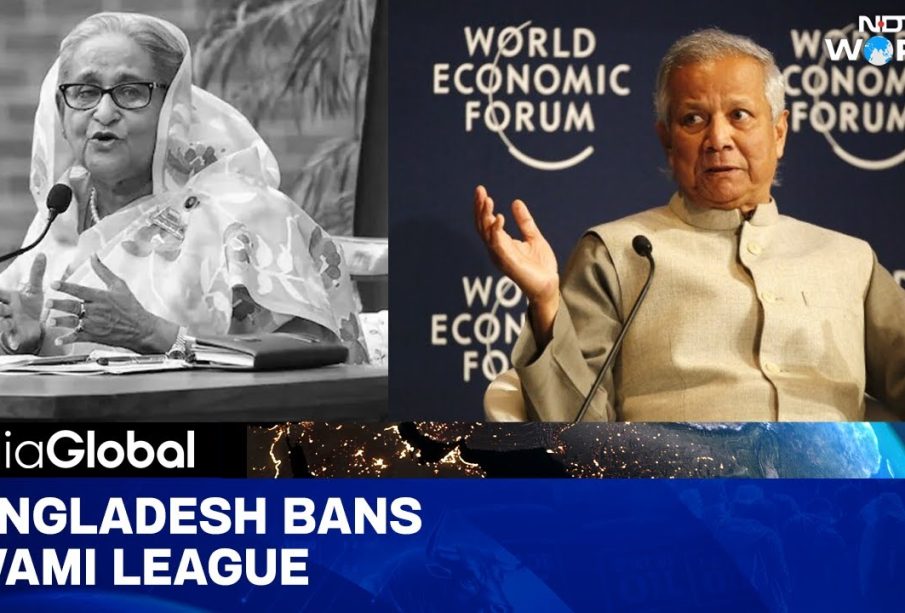Understanding Awami League’s Influence in Bangladesh Politics

Introduction
The Awami League, a prominent political party in Bangladesh, has been a significant player in the country’s political arena since its inception in 1949. Founded in the aftermath of the partition of India, this party has been at the forefront of the struggle for democracy, social justice, and economic development in Bangladesh. Its relevance has been pronounced since it played a pivotal role in the country’s independence in 1971, making it crucial to understanding contemporary Bangladeshi politics.
Awami League’s Historical Context
Historically, the Awami League emerged as a champion of Bengali nationalism and a strong advocate for the rights of the Bengali-speaking population in East Pakistan. Its 1970 electoral victory catalyzed the demands for autonomy which ultimately led to the Liberation War of 1971. Sheikh Mujibur Rahman, the party’s founder, became the first President and later the Prime Minister of Bangladesh, embedding the party’s legacy into the nation’s identity.
Current Political Landscape
As of 2023, the Awami League is the ruling party in Bangladesh, having won three consecutive terms since 2009 under the leadership of Prime Minister Sheikh Hasina, daughter of Sheikh Mujibur Rahman. The party has focused on infrastructural development, poverty reduction, and digital advancement. However, it has faced criticism for alleged authoritarian tendencies, suppression of dissent, and human rights violations that have raised concerns among international observers.
Significant Events and Developments
The recent local government elections and the national polls scheduled for early 2024 are closely observed events that will test the Awami League’s enduring influence. The party has been accused of manipulating electoral processes and limiting competition, prompting opposition parties to call for fair elections. The international community watches closely as these elections could either strengthen the Awami League’s grip on power or open the door for significant political changes in Bangladesh.
Conclusion
Awami League’s journey has been characterized by triumphs and challenges. Its ability to navigate the complex socio-political landscape of Bangladesh will be crucial in the upcoming elections. As it faces mounting domestic and international pressures, the party’s next moves will be significant not only for its political legacy but also for the democratic future of Bangladesh. Citizens and political analysts alike continue to scrutinize Awami League’s actions, highlighting its importance in shaping the nation’s trajectory.








